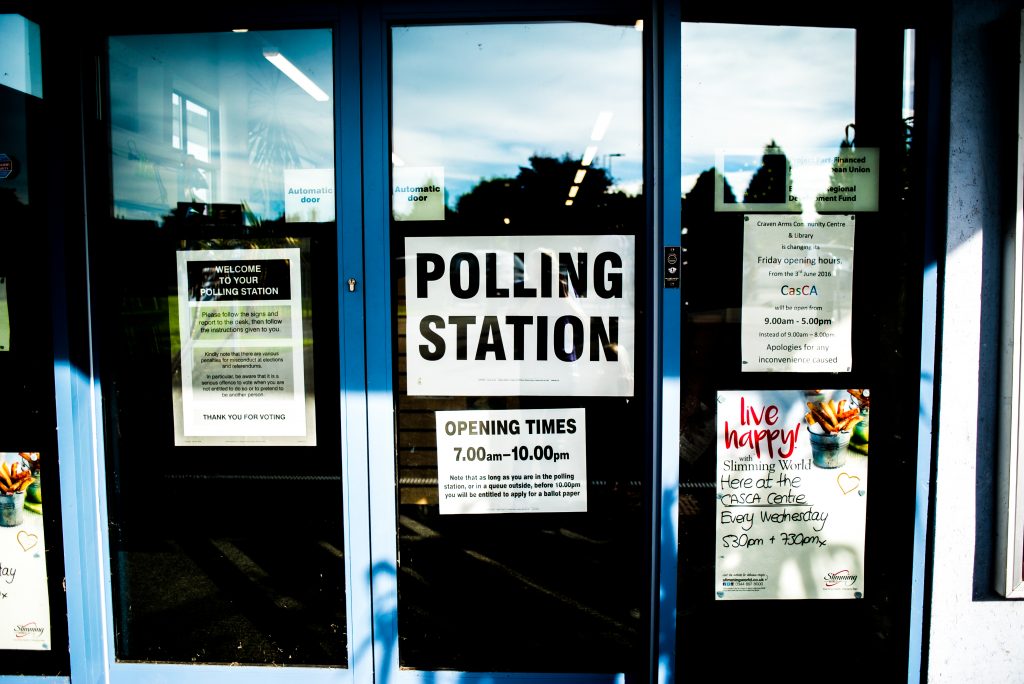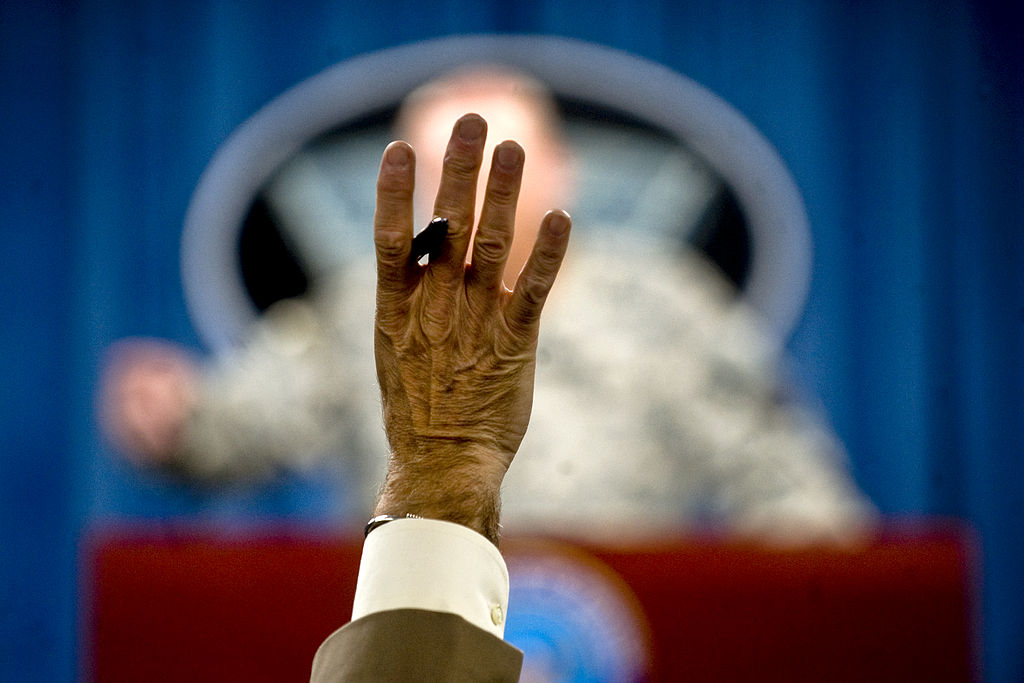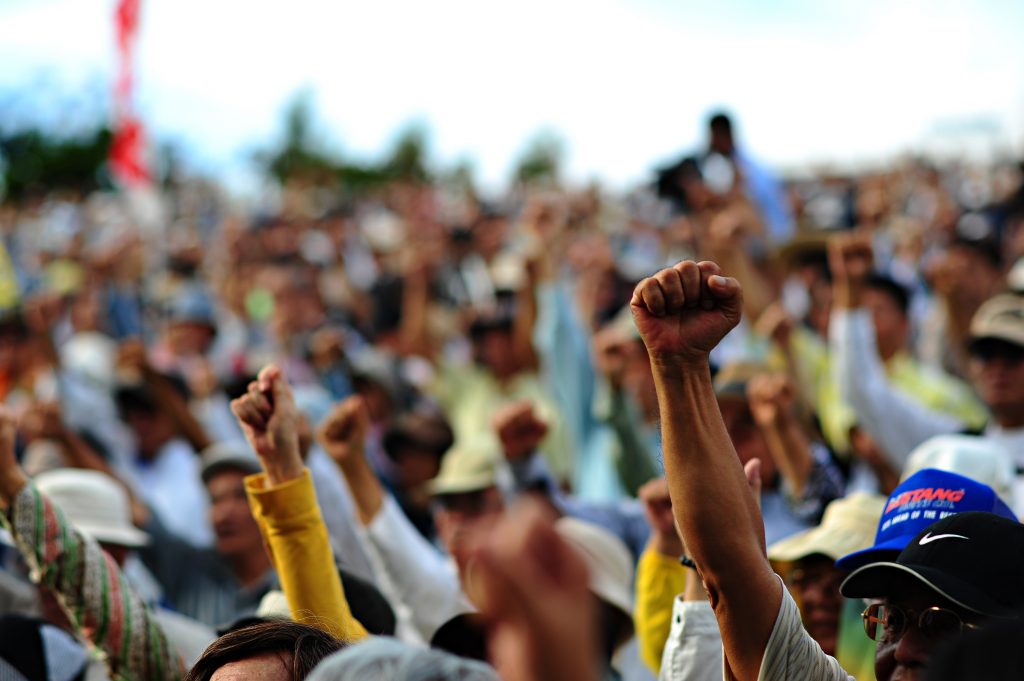We all know the UK is a democratic country and we can often take that meaning for granted. On International Democracy Day, Jay Crush looks at what it means to say the UK is a democracy, where the idea of a democracy came from, and how lucky we are to live in one. Happy Democracy Day!
So, what is a democracy?

Democracy has been described in various different ways and many countries have vastly different democratic systems. For example, in the United Kingdom we vote for individual Members of Parliament, but not directly for the Head of State or Government, whereas in the United States voters pick both the Head of State and their local representatives. Yet both can be described as democracy.
Joseph Schumpeter, an Austrian economist and political scientist identified the core of democracy as being that “individuals acquire the power to decide by means of a competitive struggle for the people’s vote”. Basically that means there must be free and fair elections to determine who governs.
This idea is encapsulated in Article 3 of the First Protocol to the European Convention on Human Rights. Under this right, countries agree to hold:
free elections at reasonable intervals by secret ballot, under conditions which will ensure the free expression of the opinion of the people in the choice of the legislature.
Of course, a country that only satisfied this and nothing more would be a very basic democracy, and possibly not a good country at all. There is much more that can, and should, be built on top of this, like respect for the rule of law and human rights protections. These elements are interlinked; the effectiveness of an election is reduced if freedom of speech is not protected, or if there are no independent judges upholding the rules.
This is a process that is seen when looking at the history of democracy in the UK – the gradual improving and building on top of a very basic conception of democracy.
A basic history of democracy in the UK…

There have been elections, of a sort, in the United Kingdom since 1265. However, only a very small number of people could vote in these elections, which did not happen regularly, with voting rights only given to significant land owners. This very limited democracy would have struggled to match the core definition of a true democracy. Things did not change until the Bill of Rights in 1689 which made elections made more regular, but voting was still restricted to land owners.
By 1867 the working class could vote for the first time. However, voting at this time was by no means free and fair. There was no secret ballot and bribery was rife. Candidates would often win by holding huge parties with lots of alcohol to convince voters to support them. This BBC article describes what elections in this period were like vividly.
There were huge changes in between 1872 and 1918. Between these years, the secret ballot was introduced, bribery was outlawed, there were limits on what a candidate could spend on their election and the electorate was extended to all men over 21 and most women over the age of 30. The voting age was equalised in 1928.
By this point the UK had a democracy, albeit a basic one. Alongside these developments in the conduct of elections came improvements in the rule of law, and human rights protections, which followed the same process of incremental improvement; from the Magna Carta to the Human Rights Act.
Ok, so things improved. But is the UK’s democracy perfect?

Not quite! There are still significant improvements to be made. We still have women and minorities underrepresented in our democracy, low turnouts, failures in press regulation and a disproportionate electoral system. But our democracy is still changing and evolving. Even this week we’ve seen the new constituency boundary proposals, aimed to make each seat in UK Parliament roughly the same size.
Despite this tinkering, what we do have in the United Kingdom is a democracy. A system whereby decision makers are chosen by the people in relatively fair elections – as per Shumpeter’s definition and Article 3 of the First Protocol. We must always be vigilant and strive to improve our democracy, but we must keep in mind that we are fortunate to be in a country where ultimately politicians can be voted in, and out, by voters.
This International Democracy Day celebrates Democracy 2030. This is an invitation to all parliaments to interrogate the present, to learn from the past and to prepare the future of democracy. It also asks how governments will implement the 2030 UN Agenda for Sustainable Development. Get involved.
- Our human rights timeline shows many of the major historical developments mentioned in this piece
- Read another of Jay’s articles on Why the right to vote matters
- And our post on the Suffragettes’ struggle for the vote







